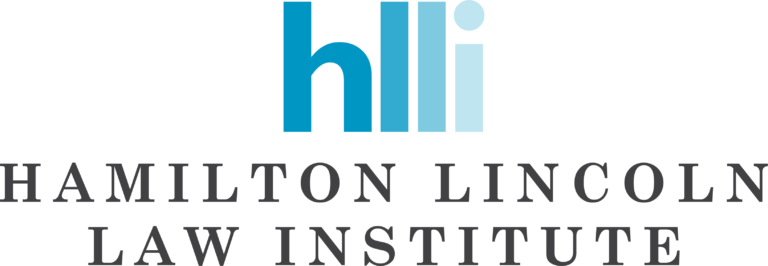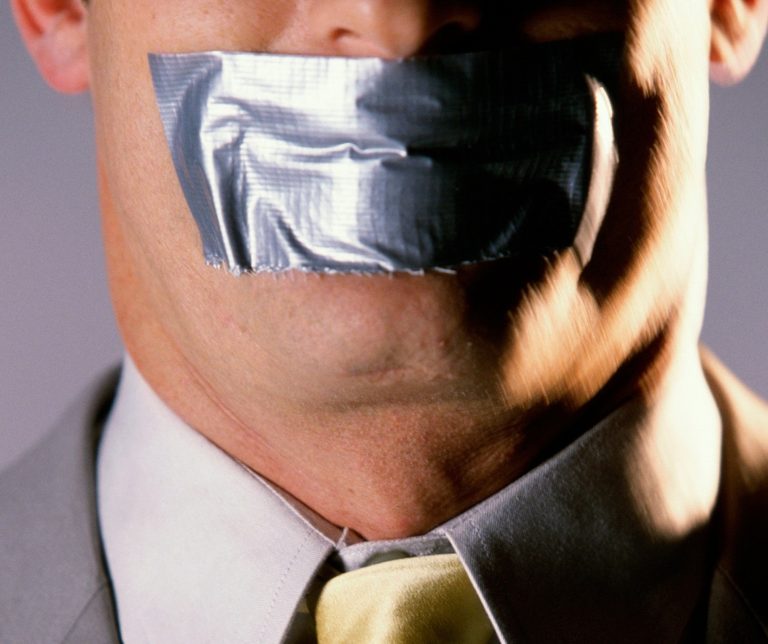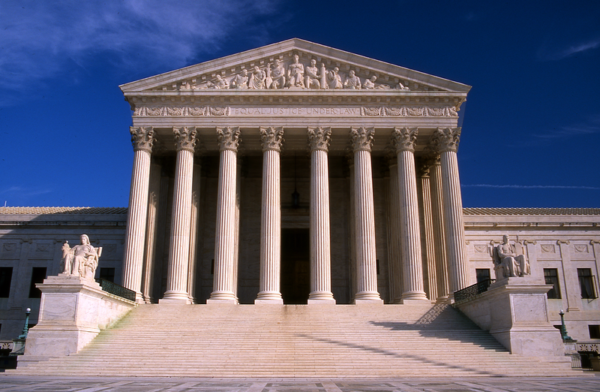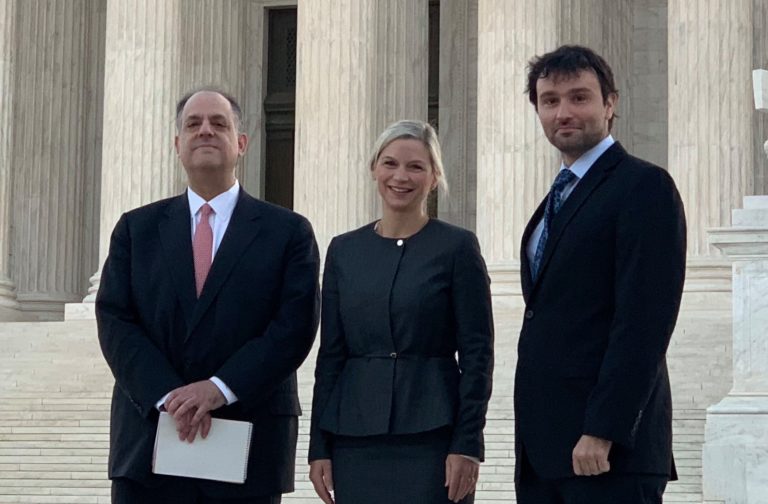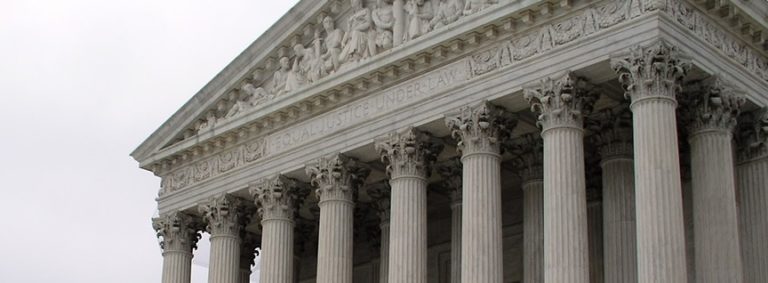Bride-to-be Sues the District of Columbia to End Ban on Wedding Dancing
FOR IMMEDIATE RELEASE Washington, DC (May 9, 2021) – Monday morning, the Hamilton Lincoln Law Institute, in a joint effort with the Liberty Justice Center, filed a lawsuit on behalf of a Washington DC bride-to-be, Margaret Appleby, challenging DC Mayor Muriel Bowser’s recent executive order banning wedding dancing. In the 1984 Kevin Bacon classic, Footloose, a puritanical minister played by John Lithgow persuaded the town counsel of fictional Bomont to ban…

